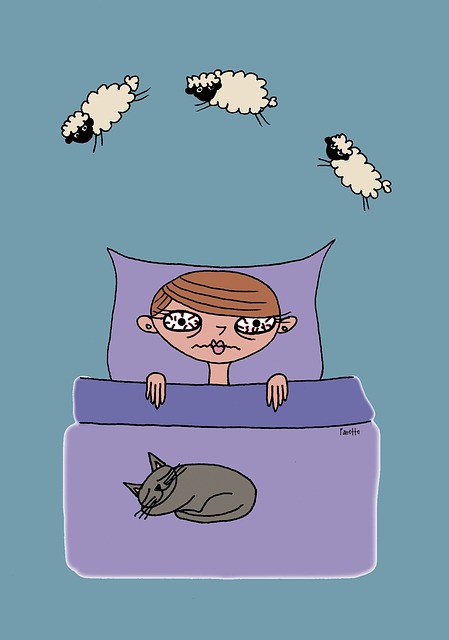Are you treating a patient with chronic depression? Finding the right approach can feel like walking through a minefield, with very real consequences. The following information will help you come to the best decisions.
When studying medicine, it is tempting to consider what you learn from your books as the final say on the subject. You’re learning information compiled by experts from millenia of progress in the medical field. However, the reality is that real life cases can be a lot more complex.
This is true in all areas, but many doctors particularly struggle to treat mental illness for this reason. Whereas most conditions that are considered physical illnesses can be tested for, with quantifiable results, diagnosing a condition like depression is a lot more difficult. Instead of looking at blood samples, you’re dealing with self-reported symptoms.
As such, trying to find the right treatment for someone with chronic depression can be tough. The good news is that doctors have successfully treated millions of people with chronic depression and there are some guidelines you can follow. Here are 3 things to consider.
1. The disease can be fatal (but is not a terminal illness)
Recently, there has been a movement towards the term ‘died by suicide’ rather than ‘committed suicide’. The latter frames suicide as a kind of crime rather than the consequence of a dangerous illness. People who do not understand chronic depression may not ‘get’ this. However, while the process of suicide has some aspects of decision-making involved, those who die this way do not see it as a choice.
This dichotomy actually has real-world consequences. When it comes to life insurance coverage, death by suicide has specific guidelines. Death by suicide is covered by insurers because they have to acknowledge that the financial gains are almost never the motive. However, in order to prevent people who are suicidal from first getting insurance cover, there is a waiting period before cover begins.
When treating a patient with chronic depression, you should always have this dichotomy in mind. Depression can be fatal, but it certainly does not have to be. While no one is to blame for suicide, it can be prevented through successful treatment.
2. Treatment can alleviate all symptoms
When describing depression as a chronic illness, you may be forgiven for thinking that it ‘won’t go away’. After all, the definition of a chronic illness is that it persists indefinitely.
However, modern treatment for depression can alleviate all symptoms. A patient who responds well to antidepressants may begin feeling like their old selves. Their outlook on life begins to change and they no longer feel hopeless.
Therapy helps them identify the psychological roots of the depression and learn skills to manage it. They live healthy, happy lives.
This doesn’t mean that the depression is cured, however. While all the symptoms have been alleviated, cessation of treatment in some cases leads to a recurrence. As such, it is important to communicate this to your patients. The outlook is good, but they may need to continue treatment indefinitely.
3. Diagnoses can get complicated
A diagnosis of chronic depression is one that should be considered dynamic. Unfortunately, in many cases, chronic depression only covers part of the problem. Depression can trigger substance use disorders and can co-occur with certain personality disorders.
Furthermore, some individuals diagnosed with chronic depression are later diagnosed with bipolar disorder. They may not have had a manic episode – or they may have had one and not identified it as such – but there is potential for it. In some cases, you can only make the changed diagnosis once you’ve seen the symptoms play out.
The diagnosis of chronic depression should be taken seriously. However, that does not mean you should stick to it at all costs. It is possible that you will find it to be lacking at some point and your patient’s wellbeing will require your dynamism in this area.
Treating chronic depression can be tricky, but the outlook is generally positive. Remember to always take it as seriously as you would any physical illness, even if it can be more difficult to quantify.



